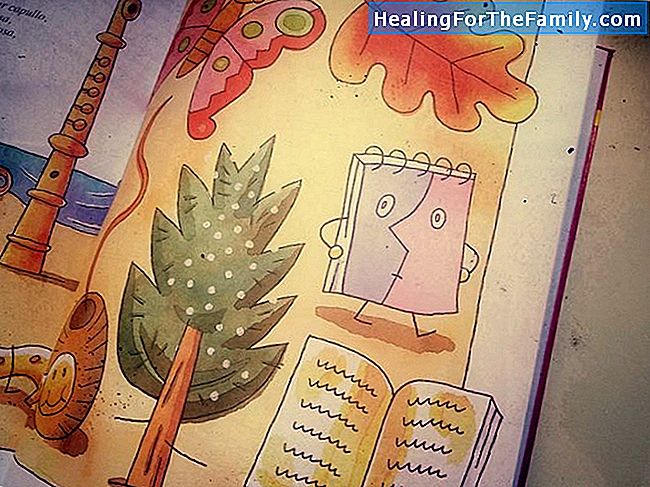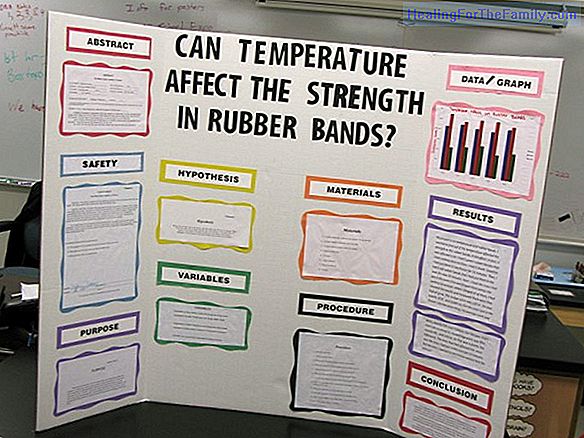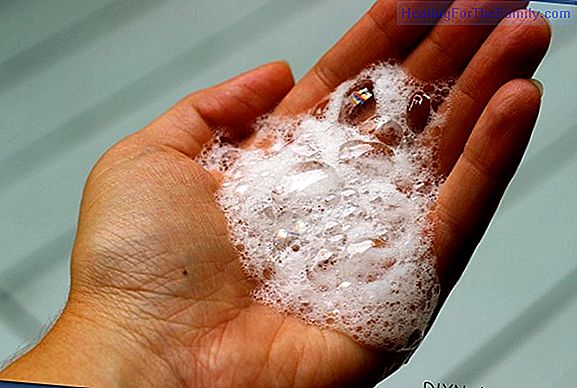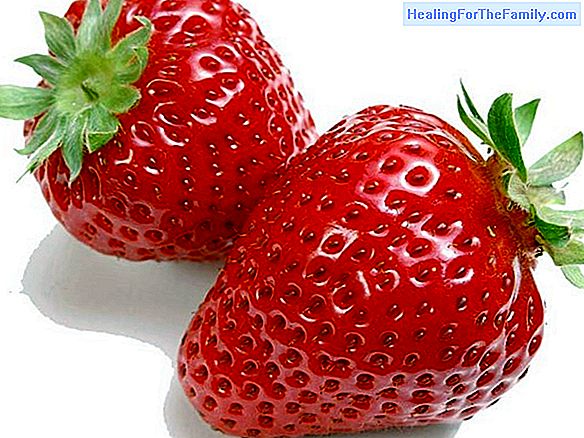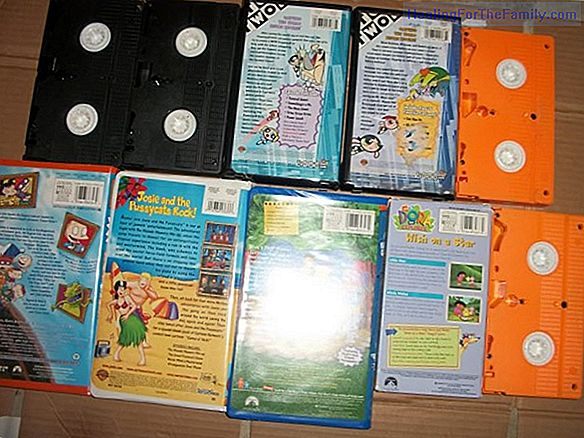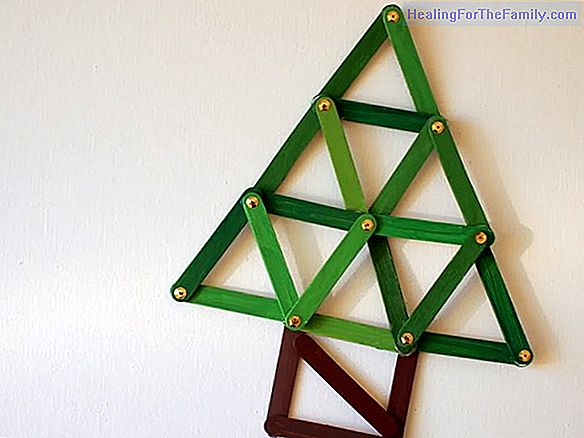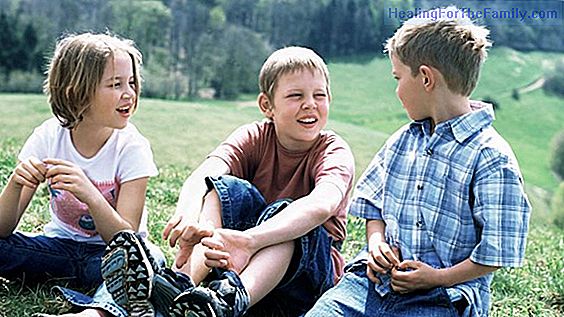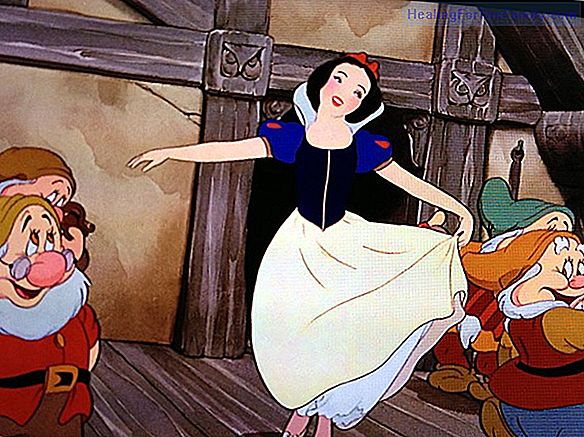The mistake of using food as a reward or punishment with children
When we think about food, we not only think about supplying our body with the nutrients it needs, but food also has an inseparable social and emotional component, since We enjoyed the textures and flavors, and the time we spent at the table with the family. The way we use food for our personal enjoy
When we think about food, we not only think about supplying our body with the nutrients it needs, but food also has an inseparable social and emotional component, since We enjoyed the textures and flavors, and the time we spent at the table with the family.
The way we use food for our personal enjoyment can lead us, as parents, tomake the mistake of using food as a reward or punishment with children,of using it incorrectly as a tool in the upbringing of our children.
Why not use food as a reward or punishment with children
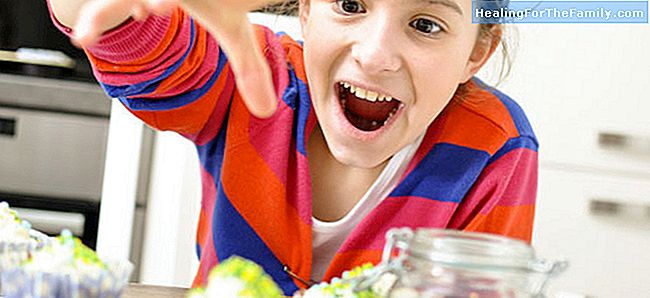
There are reasons why we should not fall into this game of using food as a reward and punishment with children, as it does not help with the nutritional education of our children.
- Using sweets as a reward we are doing them a disservice.Sugar is not healthy, and if we want its behavior to be good, we can not rely on offering trinkets, buns or chocolate, because we give these foods a very special importance. In the same way, it is useless to punish without dessert, because, first, the dessert should not be a sweet, but a piece of fruit, and would we act the same if the dessert were fruit? How many children would that punishment matter? With this example we are removing unhealthy food - which you should not even eat - as punishment. Cast - Punishing the child to eat vegetables does not solve the original problem for which he has been punished, and much less favors his feeding. The vegetable or fruit has to be part of the diet of children, and if they do not like it, they will not like it more if we punish them to eat it, but rather the contrary. Ins - Insist on eating what is in front of you or saving it for a snack,
or breakfast if you do not, not only does it not help to establish healthy eating habits, but it also generates extra tension and turns the time of the meal into a stressful moment for parents and children, in addition to intensifying their aversions and rejections to certain foods. La - Junk food or excessively processed foods and / or saturated fatsshould not be used as a reward either, since we establish a positive association between a very unhealthy meal and good behavior. However, if on certain occasions they are consumed, it is convenient to reiterate that it is not a prize but simply, it is desirable, to avoid being associated with their behavior.
It may seem logical to us to restrict the food that is not very healthy and / or to link it with special moments, but the food is not played. It is not advisable that it become a double-edged sword, since the alimentary habits that we establish in childhood will accompany our children to adulthood, and teaching them to have a correct diet is part of our job of educating.

